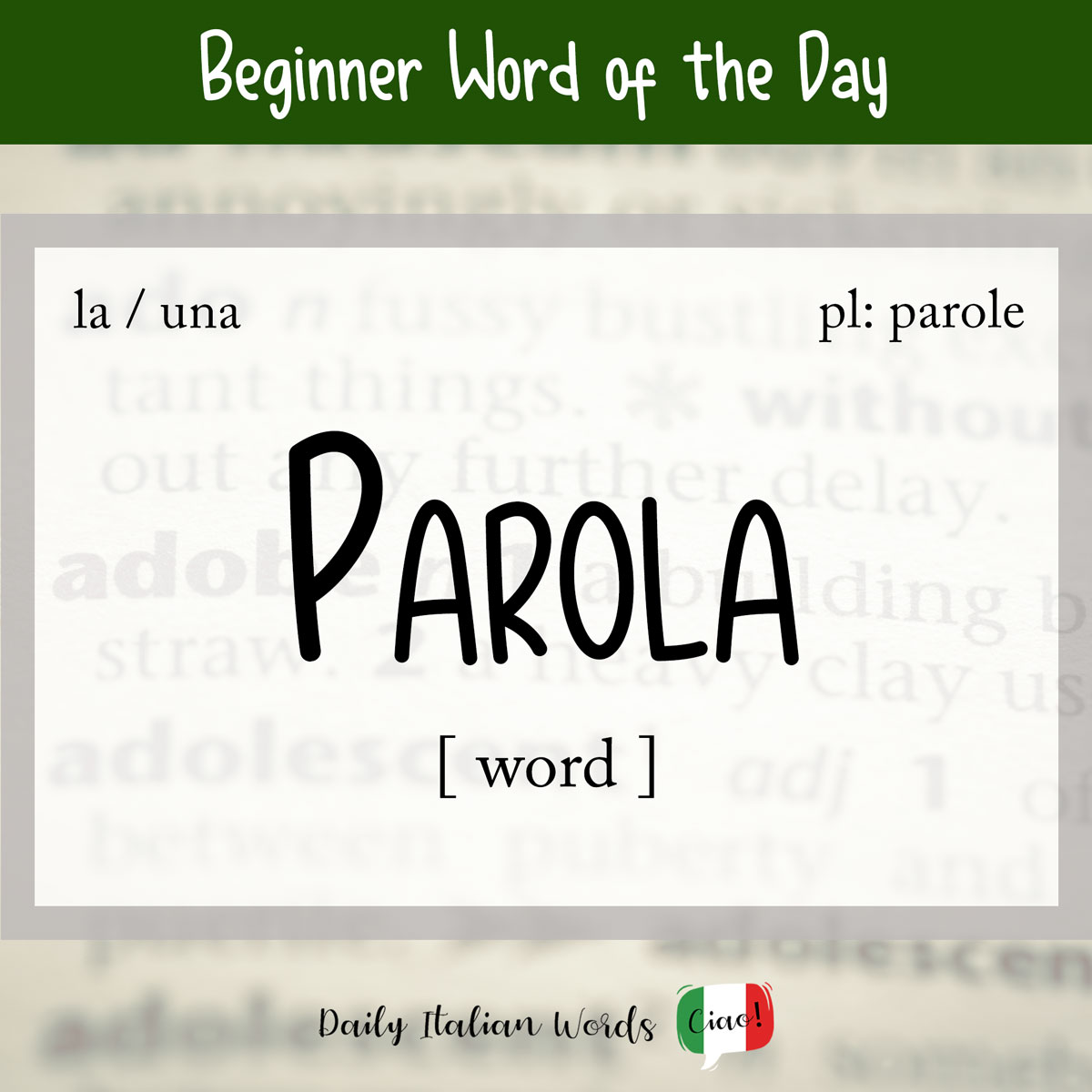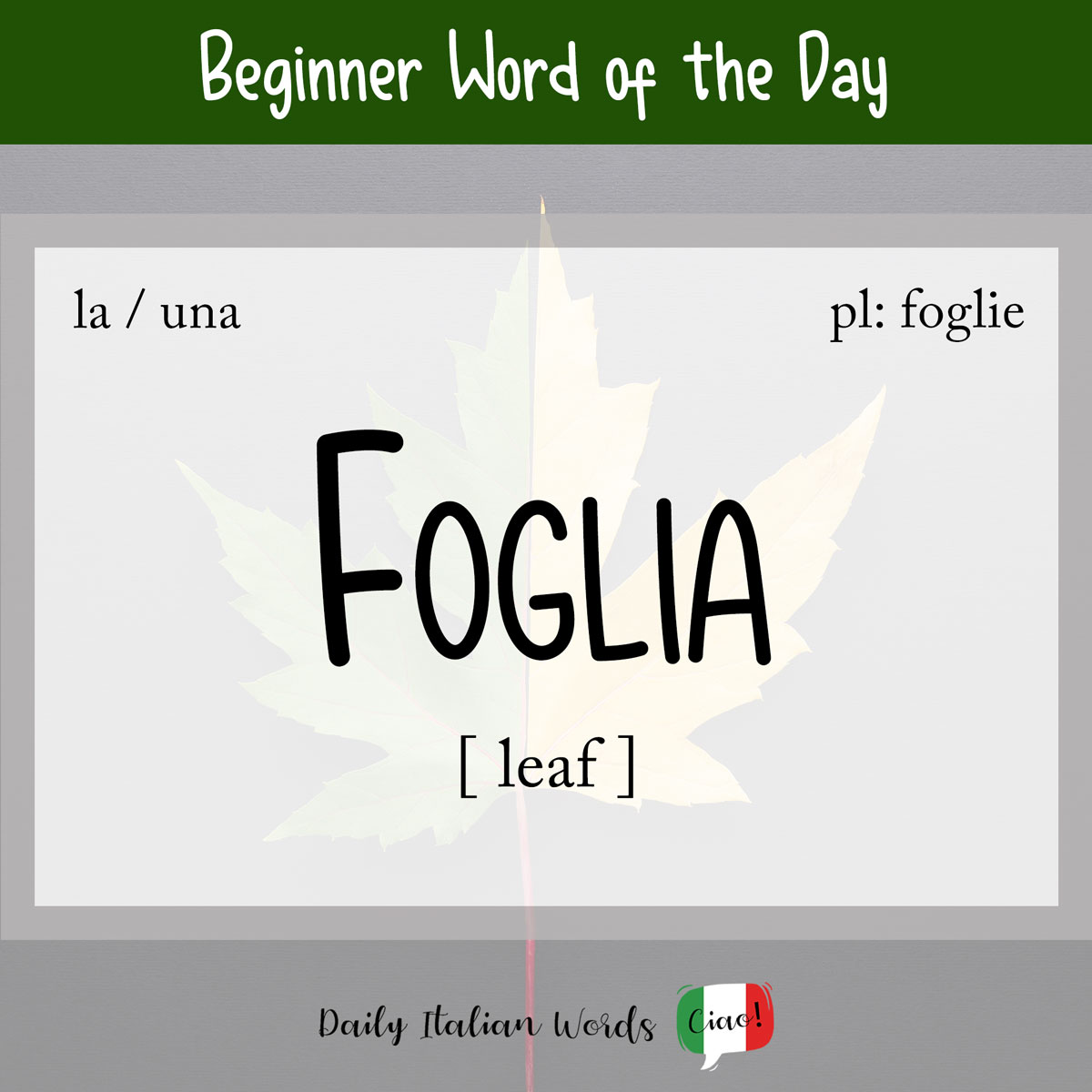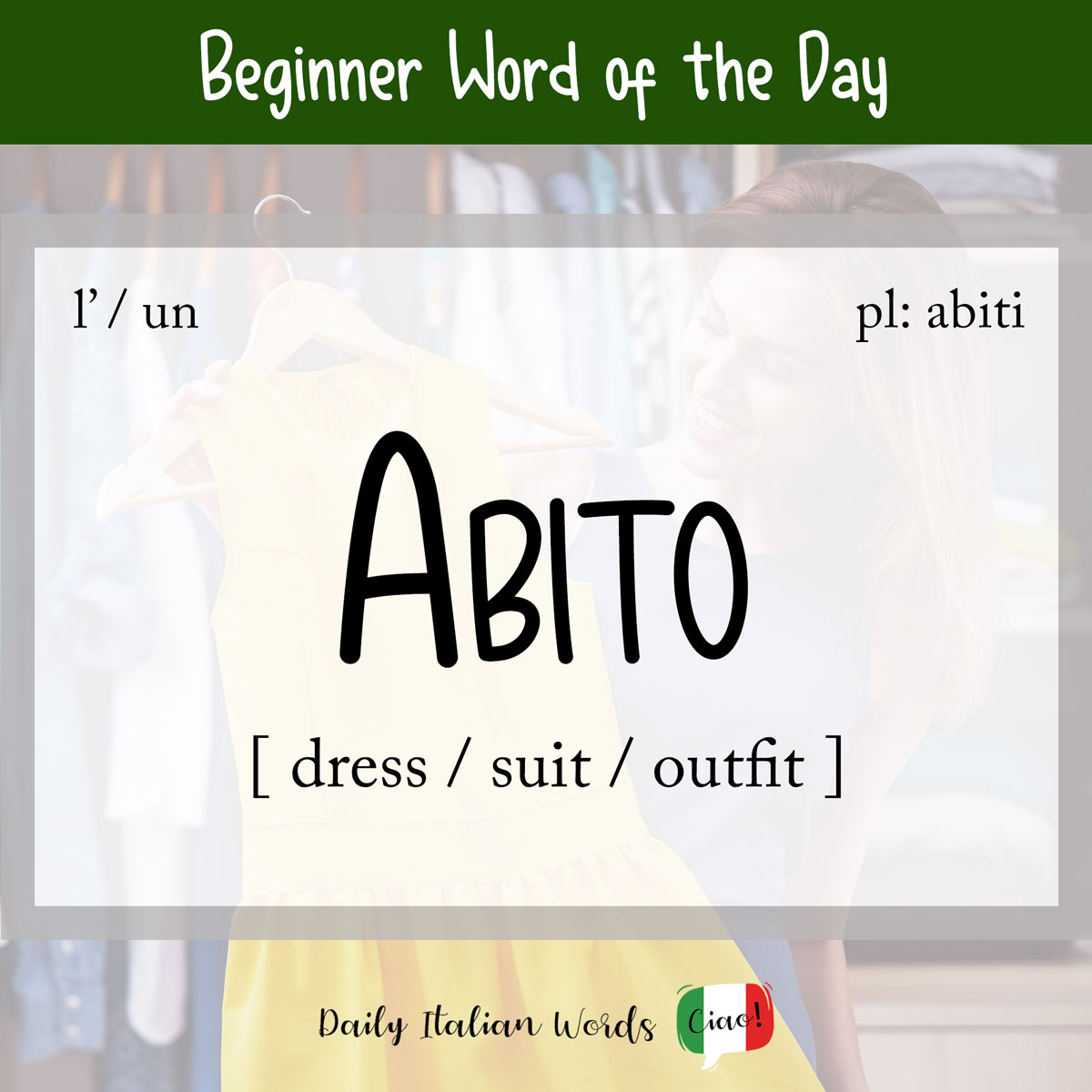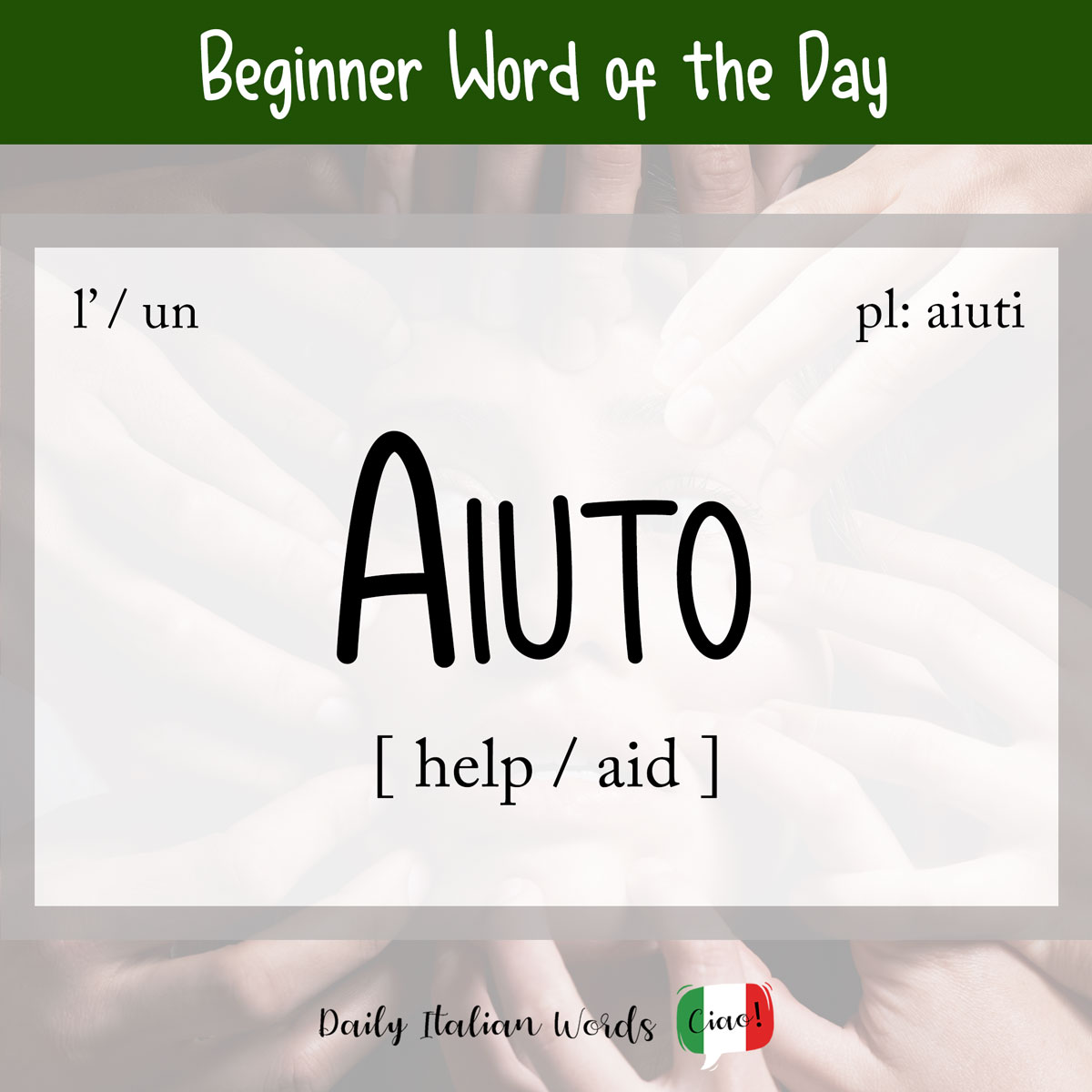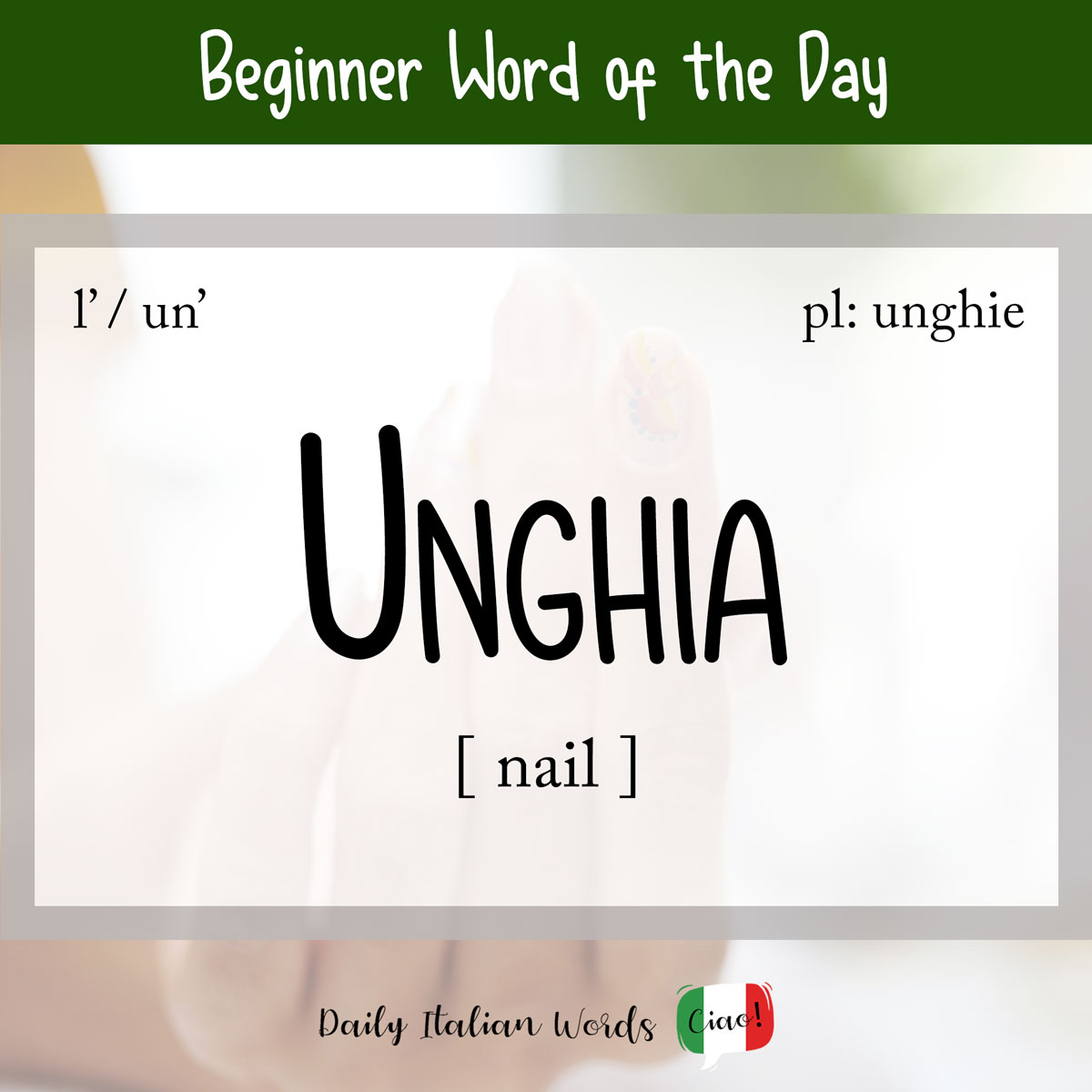Italian Word of the Day: Parola (word)
Have you ever pondered the significant role that words play in our society? Words are not mere symbols; they hold immense power, shaping our thoughts, emotions, and interactions. Without words, we’d be stripped of the powerful means to express our thoughts, convey complex emotions, share knowledge, and communicate with others. (Not to mention that we’d …

